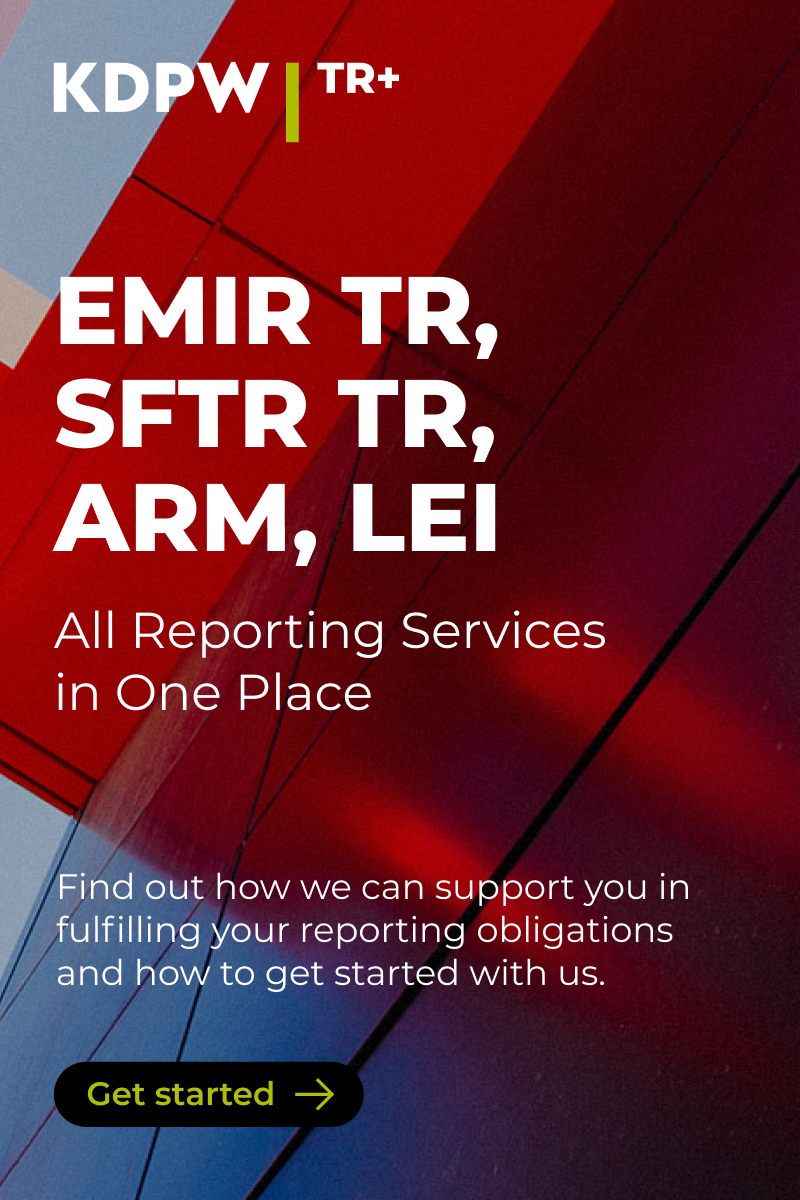The second Markets in Financial Instruments Directive (MiFID II) has now become effective as a part of EU legislation.
MiFID II regulates firms that provide any services to clients linked to financial instruments and venues where these instruments are traded.
In recent years, firms have been preparing for the implementation of the initiative, but over that time many industry participants have raised concerns about the scope of the changes and the uncertainty surrounding the directive, with many suggesting it has been the biggest challenge of the year.
At the Global Custody Forum in London in last month, less than half of attendees felt they would be compliant in time for today’s deadline.
In total, 75 percent of those who attended a panel session at the conference said they would be affected by the implementation of MiFID II, however, significantly, fewer were confident they would be compliant by the deadline.
Late December, the European Securities and Markets Authority (ESMA) delayed the enforcement of the legal entity identifier (LEI) requirements by six months.
ESMA said that its decision would allow for a “smooth transition” of the LEI requirements. MiFID II requires all legal entities involved in a trade to include their LEIs in European trade reporting.
Tony Freeman, executive director of industry relations at DTCC, said: “The news that ESMA has granted a six-month extension for LEI applications will be welcomed by those market participants who have struggled to be ready for the 3 January deadline.”
“Industry preparations for MiFID II have been fraught and in spite of the reprieve on LEIs, there are other requirements of the regulation which market participants are still grappling with.”
While preparing for the implementation of MiFID II a large number of investment firms decided to pay for their own research, but many have yet to agree on a price with their brokers.
The UK’s Financial Conduct Authority has now confirmed it will act if pricing reaches a stage where research appears significantly undervalued.
Russell Napier, co-founder of Electronic Research Interchange, suggested that the regulator will want to assess the impact of MiFID II across a variety of areas before deciding whether any remedial action might be necessary.
Napier commented: “It could take up to 18 months to determine and then intervene in a research market where the product has been undervalued, and measures should be put in place sooner to ensure a fair value for research.”
The directive will also affect UK pension schemes and how they use and pay for fund management services.
Caroline Escott, investment and defined benefit policy lead at the Pensions and Lifetime Savings Association, said: “Under MiFID II, schemes will have to deal with a vast range of changes affecting everything from the way in which research is paid for, to the disclosure of cost and best execution information.”
She added: “Although this poses challenges to pension schemes and trustees, which need to get to grips with what the new rules mean for them, it also offers an opportunity for in-depth consideration of the value of schemes’ fund management services.
Although the MiFID II regulation is now live, Didier Roubinet, chief strategy officer at data management technology provider NeoXam explained that this is “far from being the end”.
Roubinet said: “Today marks the start of numerous fresh compliance headaches that financial institutions will have to overcome in 2018. Firms will almost certainly have to make amends to their existing systems and processes based on the varying feedback they receive from local regulators.”
"To be confident of answering any MiFID II related questions the regulators throw at them, banks and asset managers will need to centralise and check their data thoroughly.”
“The approach they adopt must be precise, reactive and practical, as well as automated in order to avoid any data errors or inconsistencies.”
Alexander Dorfmann, director product management at SIX, added: “The cost and operational ramifications of adopting a ‘minimal viable compliance approach’ just to meet MiFID II will be felt way beyond today.”
“Forward-looking firms are recognising they cannot afford to keep adding to the vast arrays of information every time a new rule is enforced. They’re looking to clean up the regulatory siloes and consolidate their approach. After all, regardless of the regulation in question, they all require common sets of data.”
“2018 will be the year where the compliance focus shifts from data consistency, to data quality. Expect firms to be putting the pressure on market data vendors to provide one really strong source of information.”



